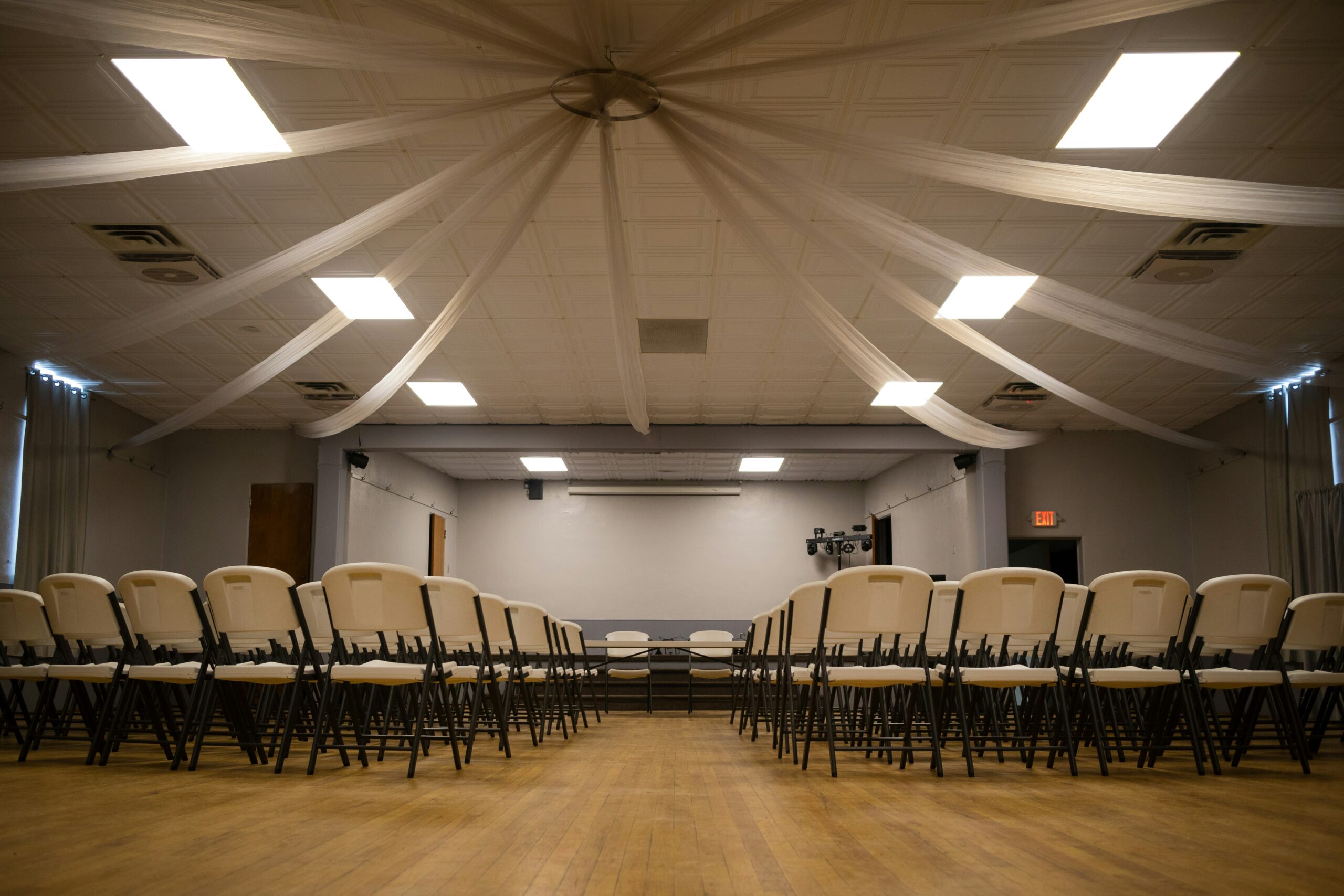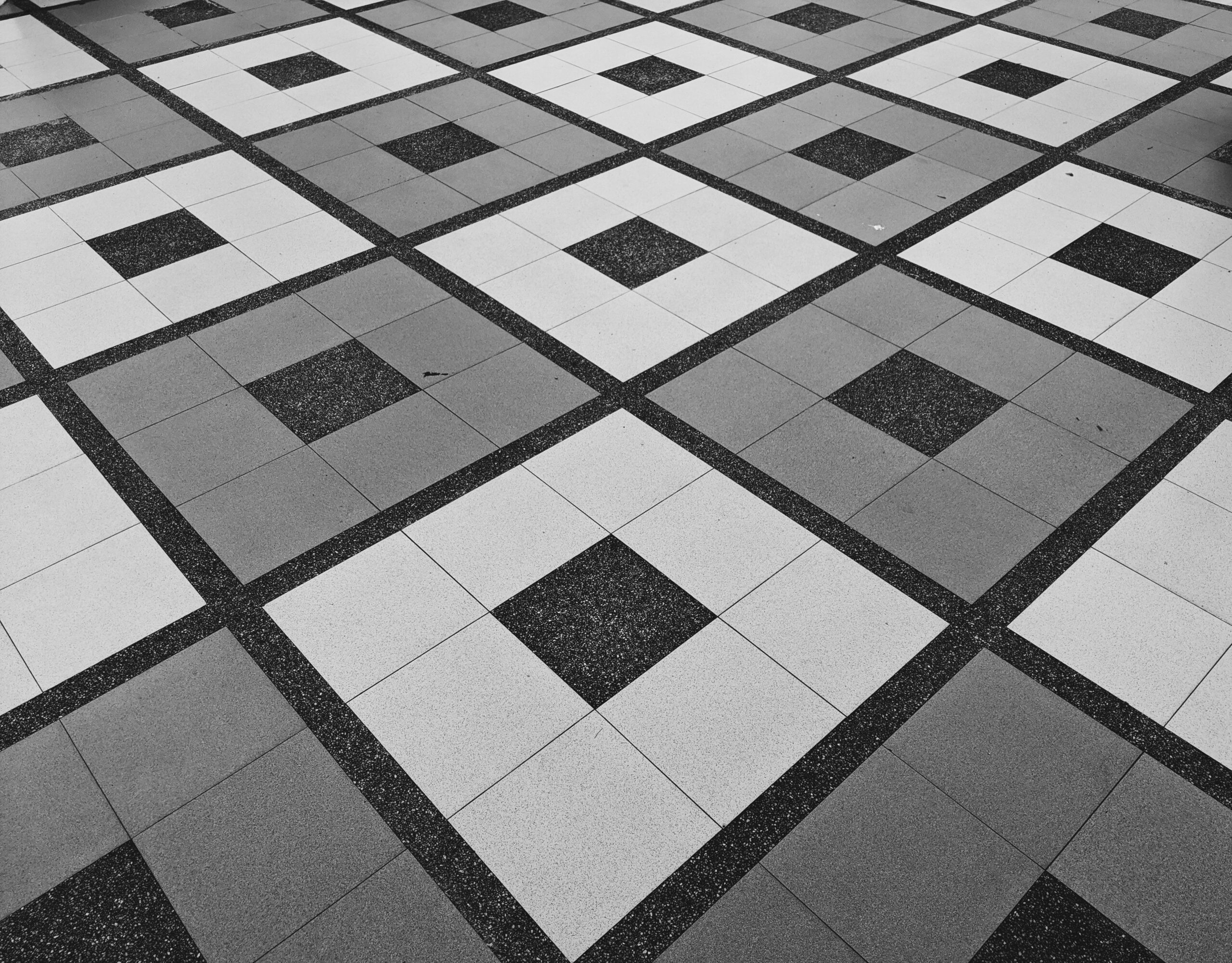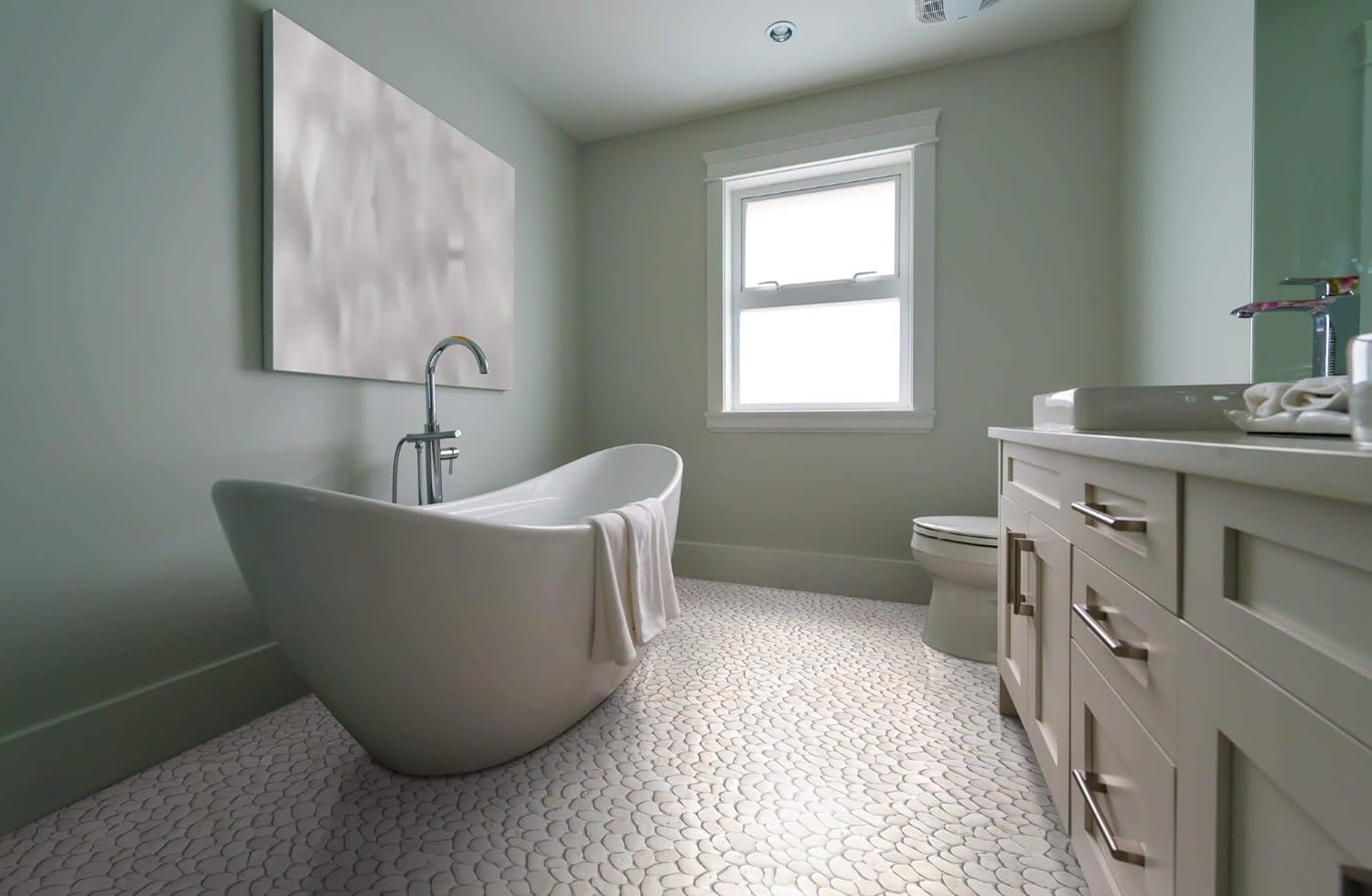Choosing Between Gypsum Ceiling and Floating Ceiling: A Comprehensive Comparison
March 27, 2024 | by Germaine

The Difference and Best Choice Between Gypsum Ceiling and Floating Ceiling
When it comes to choosing the right type of ceiling for your space, there are several options available in the market. Two popular choices are gypsum ceilings and floating ceilings. Both types have their own unique features and benefits, and the best choice depends on various factors such as budget, aesthetics, and functionality. In this article, we will explore the difference between gypsum ceilings and floating ceilings and help you make an informed decision.
Gypsum Ceiling
A gypsum ceiling, also known as a drywall ceiling or plasterboard ceiling, is made from gypsum boards that are fixed to a metal framework. Gypsum is a soft mineral composed of calcium sulfate dihydrate, which is processed into sheets and used for construction purposes. Gypsum ceilings offer several advantages:
1. Versatility
Gypsum ceilings can be easily shaped and molded into various designs, making them a versatile option for creating unique and intricate ceiling patterns. Whether you prefer a simple and clean look or a more elaborate design, gypsum ceilings can be tailored to suit your aesthetic preferences.
2. Fire Resistance
Gypsum is a fire-resistant material, making gypsum ceilings an excellent choice for spaces where fire safety is a concern. In the event of a fire, gypsum boards can help contain the spread of flames and provide valuable time for evacuation.
3. Sound Insulation
Gypsum ceilings have good sound insulation properties, which can help reduce noise transmission between floors or rooms. This is particularly beneficial in commercial spaces, offices, or residential buildings where privacy and noise control are important considerations.
4. Easy Installation
Gypsum ceilings are relatively easy to install compared to other types of ceilings. The lightweight nature of gypsum boards makes them easier to handle and maneuver during the installation process. Additionally, gypsum ceilings can be installed in a shorter time frame, saving both time and labor costs.
Floating Ceiling
A floating ceiling, also known as a suspended ceiling or drop ceiling, is a secondary ceiling that is suspended below the main structural ceiling. It consists of a grid system of metal tracks and lightweight ceiling tiles that are hung from the main ceiling. Floating ceilings offer several advantages:
1. Accessibility
One of the main advantages of a floating ceiling is its accessibility. The grid system allows for easy access to the space above the ceiling, making it convenient for maintenance, repairs, and the installation of electrical or HVAC systems. This is particularly useful in commercial buildings or areas where frequent access to the ceiling is required.
2. Acoustic Performance
Floating ceilings can significantly improve the acoustic performance of a space by reducing echo and reverberation. The air gap between the main ceiling and the floating ceiling tiles acts as a sound absorber, resulting in better sound quality and speech intelligibility.
3. Concealment
A floating ceiling can be used to conceal unsightly elements such as wiring, pipes, or ductwork. This not only improves the overall aesthetics of the space but also provides a practical solution for hiding utility lines.
4. Versatility
Similar to gypsum ceilings, floating ceilings offer versatility in design. There is a wide range of ceiling tile options available in various materials, colors, and textures, allowing you to create a customized look that complements the overall interior design.
Which Type of Ceiling is Better?
The choice between a gypsum ceiling and a floating ceiling ultimately depends on your specific requirements and preferences. Here are some factors to consider when making a decision:
Budget
Gypsum ceilings are generally more affordable compared to floating ceilings. If budget is a primary concern, a gypsum ceiling may be the better choice.
Aesthetics
If you are looking for intricate designs or unique patterns, gypsum ceilings offer more flexibility in terms of customization. On the other hand, if you prefer a clean and modern look, floating ceilings can provide a sleek and minimalist aesthetic.
Functionality
Consider the functional requirements of the space. If fire resistance or sound insulation is a priority, gypsum ceilings are a suitable option. If accessibility or acoustic performance is important, a floating ceiling may be the better choice.
Installation
Take into account the complexity and time frame for installation. Gypsum ceilings are generally easier and quicker to install compared to floating ceilings.
In conclusion, both gypsum ceilings and floating ceilings have their own advantages and considerations. It is important to assess your specific needs and consult with a professional to determine the best choice for your space. Whether you opt for the versatility of gypsum ceilings or the accessibility of floating ceilings, both options can enhance the overall aesthetics and functionality of your interior.
RELATED POSTS
View all


